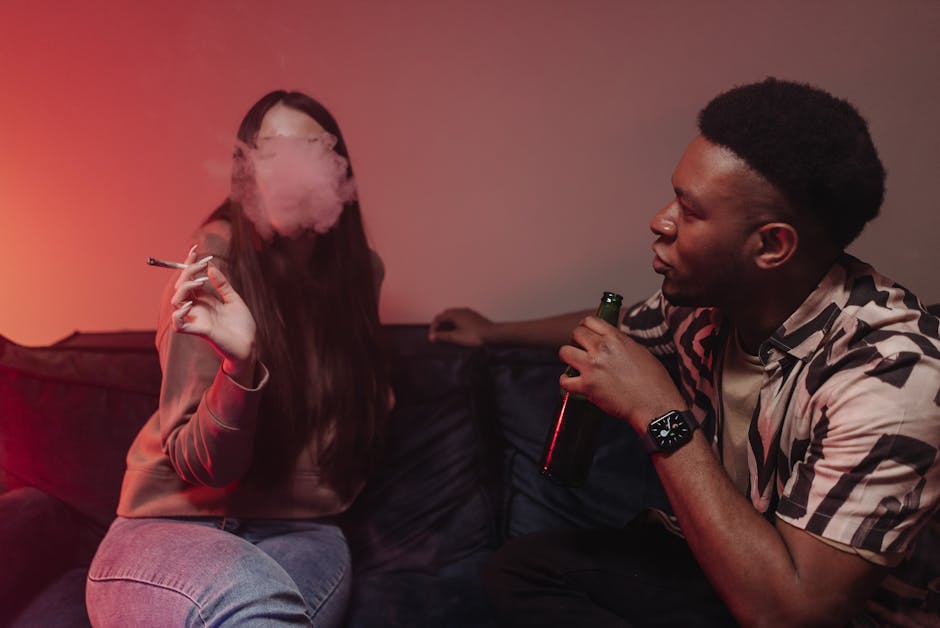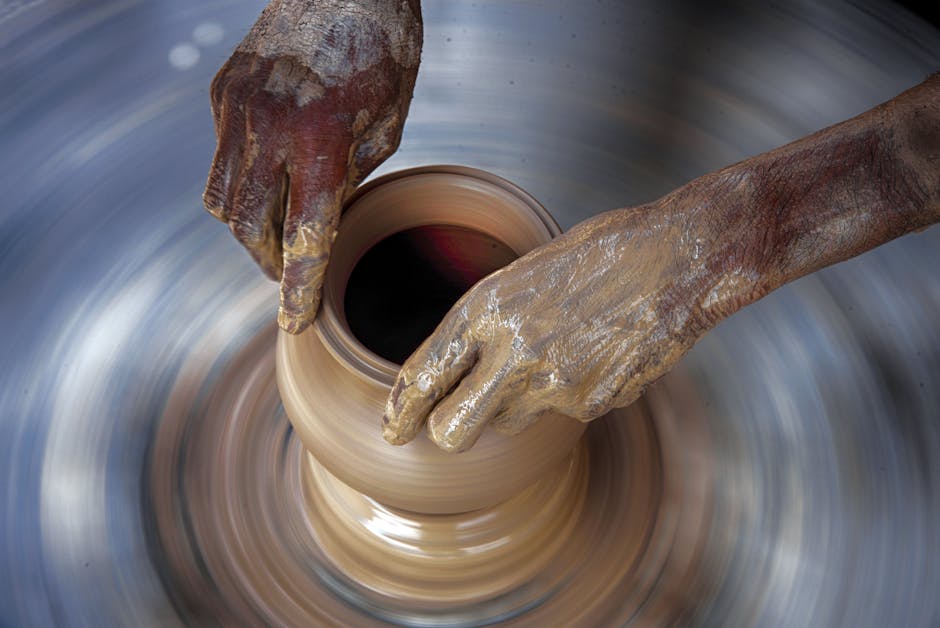Young Adults Turn to Cannabis and Alcohol for Sleep
A recent study has uncovered that more than one in five young adults aged 18 to 34 are using cannabis or alcohol to help them fall asleep. Cannabis emerged as the more popular option, with 18% of respondents reporting its use for sleep, compared to just 7% who turned to alcohol. Among those who used cannabis in the past year, 41% specifically used it to initiate sleep.
Why Are Young Adults Relying on Substances for Sleep?
The growing trend of using cannabis and alcohol as sleep aids raises concerns about the underlying causes. Sleep disorders, stress, and anxiety are common factors contributing to sleep difficulties among young adults. The pressures of modern life, including work, education, and social media, have created a generation that is increasingly sleep-deprived. For many, substances like cannabis and alcohol appear to offer a quick solution.
The Rise of Cannabis as a Sleep Aid
Cannabis has gained traction as a sleep aid, particularly with its growing legalization and societal acceptance. Proponents suggest that cannabis, especially strains high in THC or CBD, can help relax the mind and body, making it easier to fall asleep. However, experts warn that while cannabis may provide short-term relief, it is not a sustainable or healthy long-term solution.
The Risks of Using Cannabis and Alcohol for Sleep
Dr. Anjali Sharma, a sleep specialist, explains, “Using cannabis or alcohol to fall asleep can create a dependency where the body becomes reliant on these substances to initiate sleep. Over time, this can disrupt the natural sleep cycle and lead to more severe sleep disorders.” Alcohol, while initially sedative, can interfere with the later stages of sleep, resulting in poor sleep quality.
The Need for Better Education and Resources
The study highlights a concerning trend of self-medication among young adults. Instead of seeking professional help, many turn to substances that are easily accessible but potentially harmful. Dr. Sharma emphasizes, “Young adults need to understand that these are not solutions but rather temporary fixes that can exacerbate the problem.”
Healthier Alternatives for Better Sleep
Improving sleep hygiene is a key step toward addressing sleep issues. Practices such as maintaining a consistent sleep schedule, reducing screen time before bed, and creating a calming bedtime routine can make a significant difference. Additionally, mental health support can help address the root causes of sleep problems, such as anxiety and stress.
A Call to Action for Better Sleep Health
The findings underscore the need for greater awareness and resources to tackle sleep disorders. While cannabis and alcohol may offer immediate relief, their long-term consequences cannot be ignored. Young adults are encouraged to explore healthier alternatives and seek professional guidance when dealing with sleep problems.




